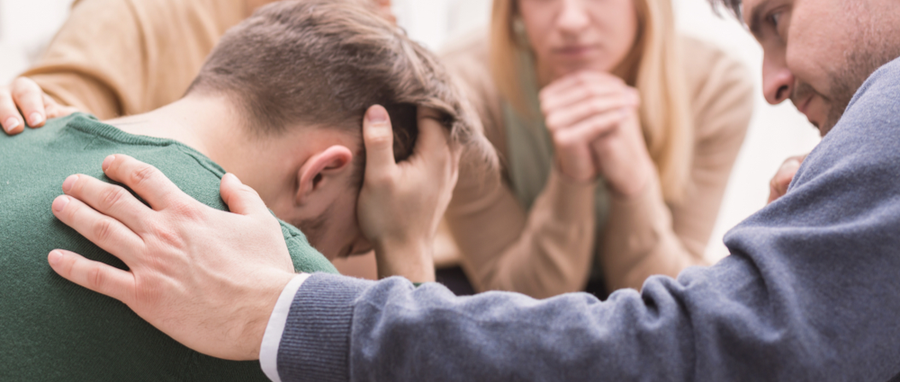A codependent relationship is one in which the two people depend on each other in unhealthy ways. Typically, one person is the care-taker and the other is the exploiter. The care-taker derives a sense of meaning from taking care of a partner while the exploiter is often manipulative and demanding while being largely dependent on the caretaker. This is a common pattern among people with substance use disorders. Stereotypically, men are characterized in the role of the exploiter, while women are characterized as care-takers. However, both can play either role. Here are some indications that you might be in a codependent relationship.
You Had a Dysfunctional Upbringing
Codependency often grows out of a dysfunctional upbringing. This is especially common in homes where one or both parents struggled with substance use issues. One way children — especially the oldest child — cope with this situation is by trying to placate the addicted parent in an effort to shield himself and his younger siblings. Often, this results in the child taking on the role of parent or care-taker. Alternatively, you may have struggled with mental health and substance use issues yourself as a result of a difficult childhood and now depend on someone else to take care of you. Learned behaviors of codependency like these are often perpetuated in romantic relationships.
You Think You Can Save Your Partner
Men who take on the care-taker role tend to think of themselves as heroes or rescuers. You may have entered a relationship thinking you could save your partner from addiction, depression, or just an unhappy life, leading you to feel responsible for that person. While the desire to help others is admirable, the idea that you can save someone is often unhealthy and misplaced.
You Make All the Sacrifices
There’s a belief in some circles that a man’s job is to make all the sacrifices on behalf of his family, therefore sparing the people he loves from any pain or difficulty. While relationships inevitably involve compromise, one person shouldn’t be taking all the hits. Compromise means meeting in the middle. Sacrifice, on the other hand, is surrendering everything for another. One way to tell if you’re sacrificing is to ask yourself a simple question. What would you want to do if your partner, friend or family member wasn’t in the picture? Codependent caretakers often lose touch with their own wants and needs during the course of their relationships. Identifying and advocating for your needs is a major step on the road to healing from codependency.
You Expect Your Partner to Make All the Sacrifices
Conversely, if you expect your partner to make all the sacrifices, you may be taking on the exploiter role in a codependent relationship. As noted above, compromise means meeting in the middle. Consider asking yourself when the last time you truly compromised in your relationship was. Have you been too headstrong with a “my way or the highway” attitude?
You Cover for Each Other
It’s always good to have each other’s backs in a relationship but in a codependent relationship, this can take an unhealthy turn. There’s a fine line between helping and enabling. For example, if you call in sick for your partner when they’re really hungover, you’re really just shielding them from the consequences of their drinking. The same is true if you expect them to make excuses for you.
Looking for Help?
Codependency is one of several kinds of unhealthy relationship patterns common among people with substance use disorders. Sorting out these dysfunctional dynamics is one of the most important parts of addiction treatment. At Tree House Recovery of Orange County, we believe in treating the whole person. We know that social connection and family support are crucial elements in a successful recovery. To learn more about our unique treatment program for men, call us today at 855-202-2138.






